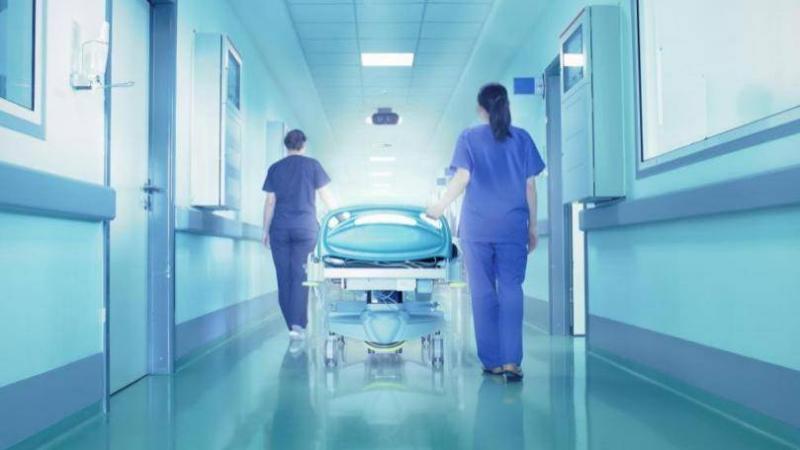Since the beginning of the economic crisis at the end of 2019, hospitals have been raising their voices for help before it's too late. However, their continuous efforts and cries for help have not moved any of the officials responsible for the rights and health of the Lebanese people. In fact, since then, the situation of hospitals has continued to deteriorate as they struggle to treat patients with the bare minimum of healthcare resources. The situation has reached a point where they have stopped paying their employees and ceased to receive cash from their own accounts due to the financial and monetary crisis affecting the banking sector. Despite the hospitals' escalation and the Ministry of Health's efforts to resolve this crisis, which is halting the entire hospital work system, no results have been achieved. Today, hospitals find themselves facing a series of crises that cannot be discussed before ensuring sufficient funds.
In this context, the head of the Private Hospitals Syndicate, Sleiman Haroun, stated to "Al-Markaziya" that "the problems of hospitals are stagnant, from fuel prices to the shortage of medicines and the cost of medical supplies... However, the main problem at the core of other issues is the acute liquidity crisis that is suffocating hospitals, amid banks refusing to pay the salaries of hospital employees and refusing to release their funds in cash, while they are obligated to pay suppliers in cash, reaching a point of insolvency." He mentioned, "We previously warned about this issue, and the Minister of Health conducted necessary communications with the Prime Minister and the Central Bank Governor, but no results were achieved."
Haroun revealed that the syndicate "is waiting for the elections to conclude and has called for a general assembly next Thursday to discuss this matter and the possible steps to take," announcing that "the possibility of resorting to a strike is real if matters remain unchanged because we can no longer secure any of the hospitals' needs, whether it be medicines or even food and washing supplies...". He pointed out that "there are many questions regarding the post-election phase that we are beginning to experience today, as the current situation is critical. We fear it will worsen in the coming phase, waiting to see what lies ahead. Is there a policy in place before the elections to maintain a stable exchange rate in order to avoid harming the candidates electorally? Will we return to cash payments? Will the exchange rate rise again in this scenario?" Regarding the closure of hospitals, he affirmed that "some have transferred their management to larger institutions to avoid closure."




